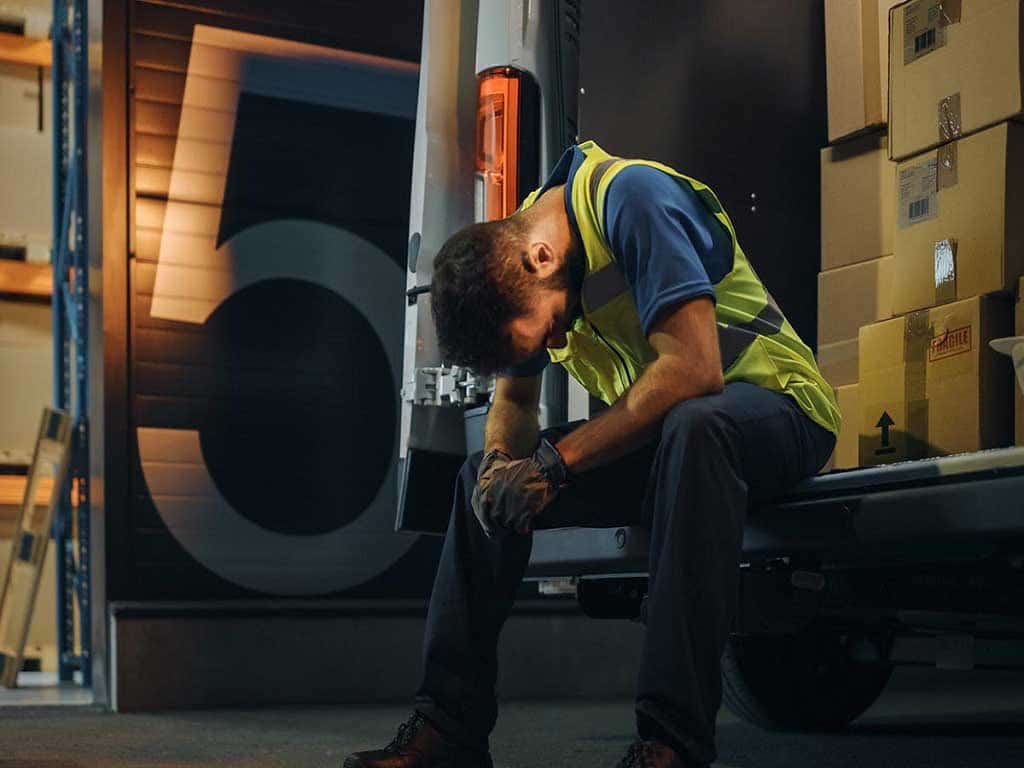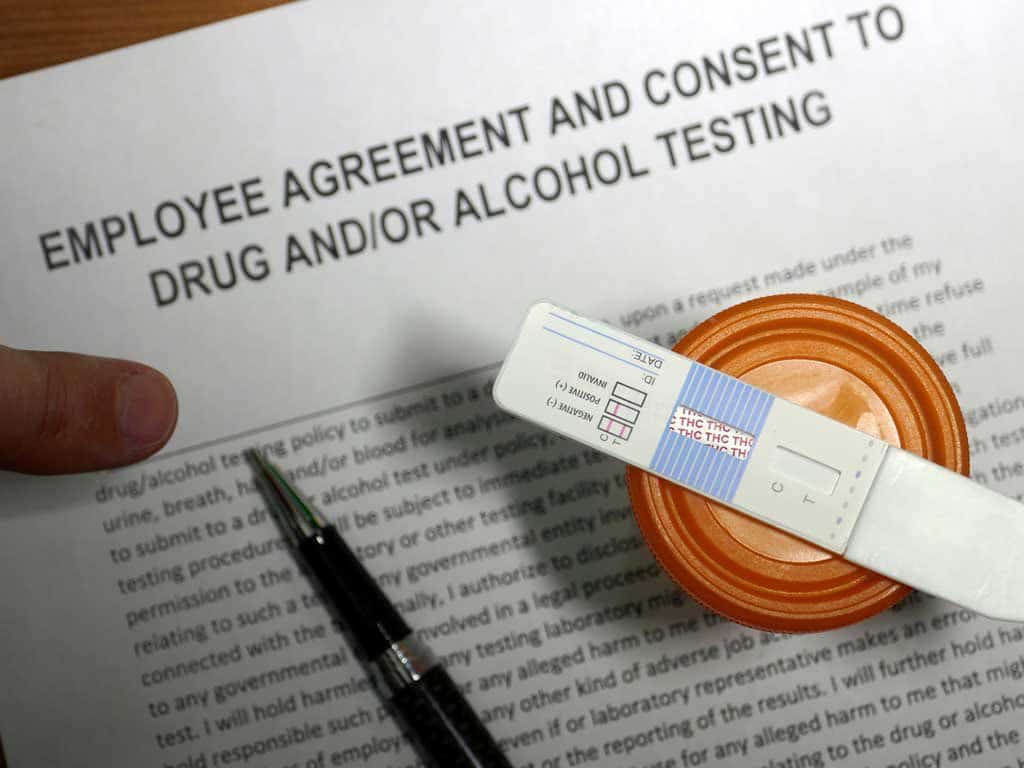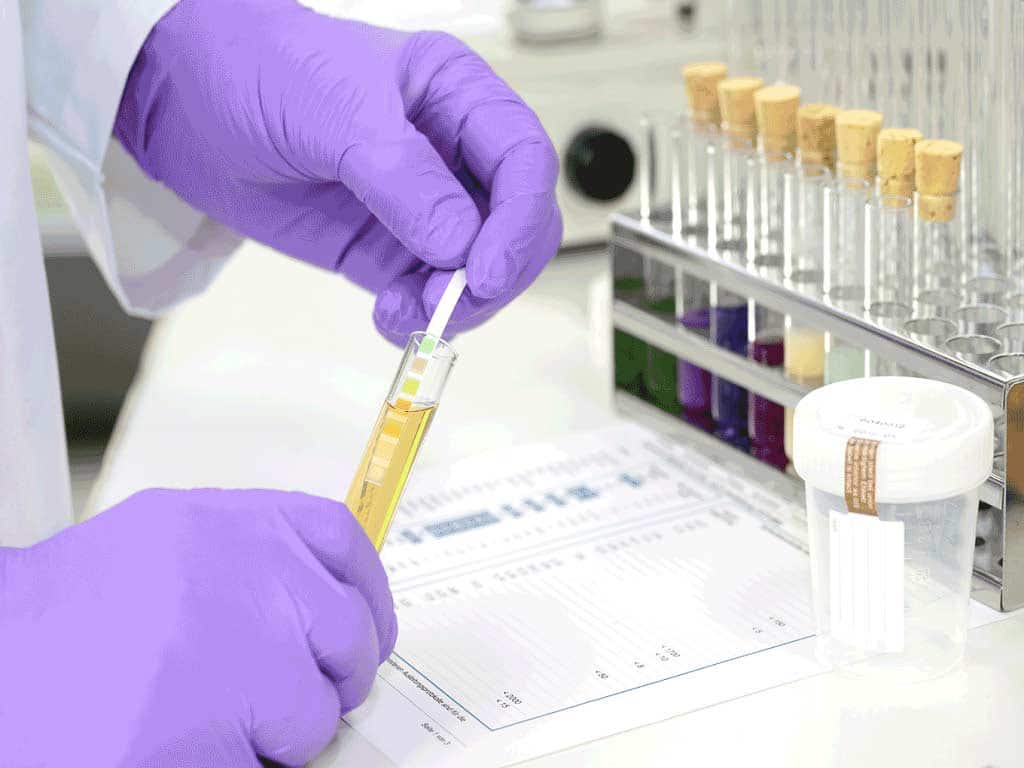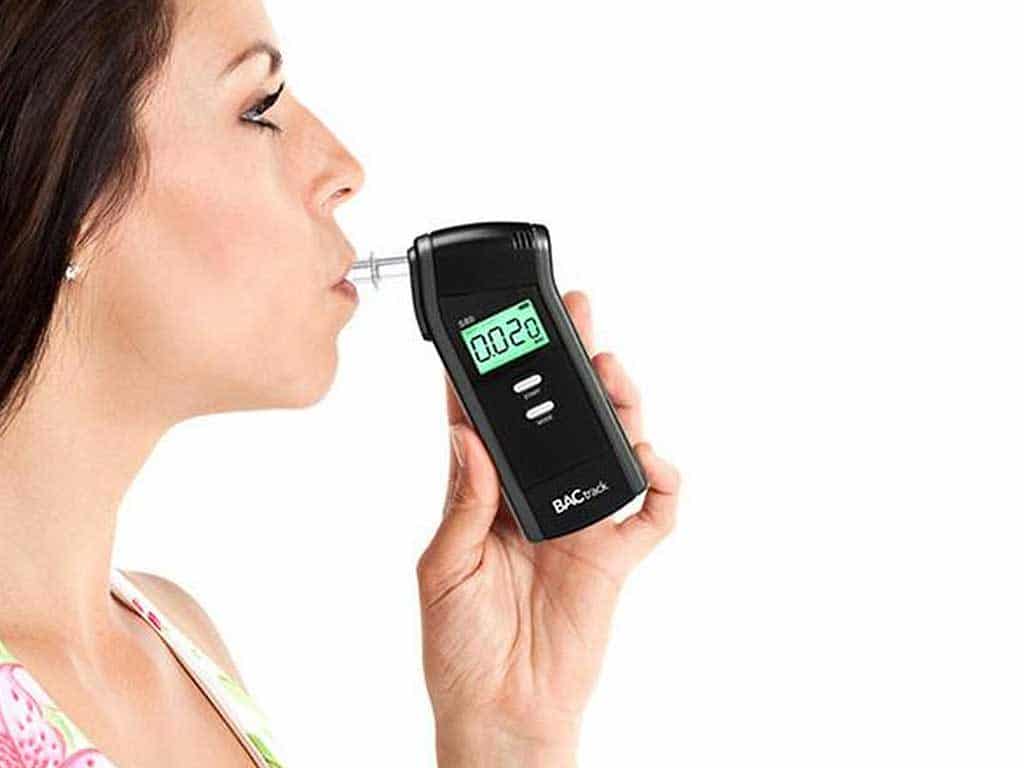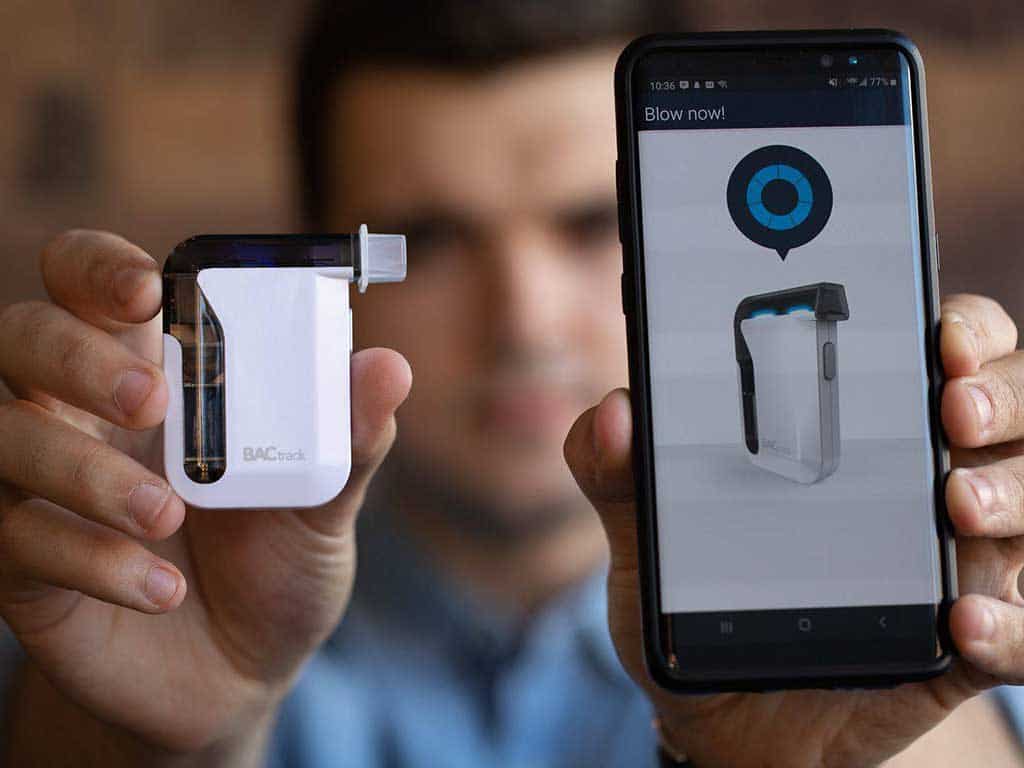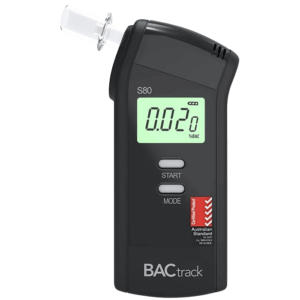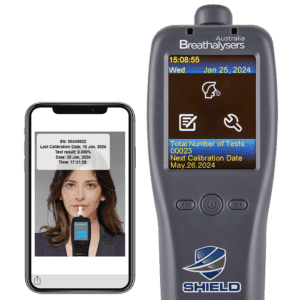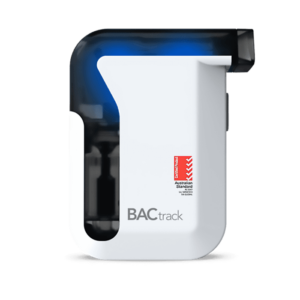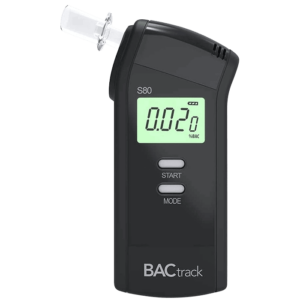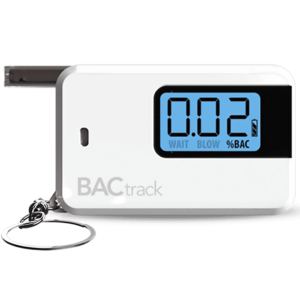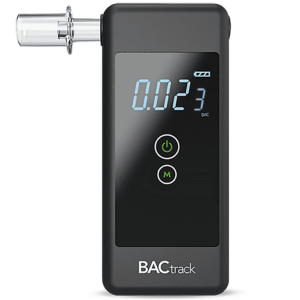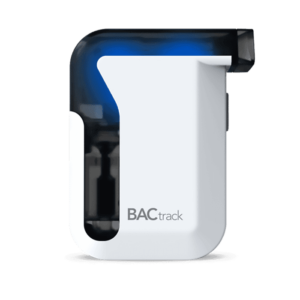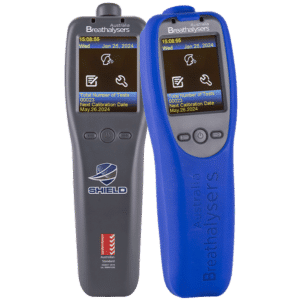Pre Employment Drug Test NZ: About Workplace Drug Testing in New Zealand
15 December, 2022
As companies and businesses aim to make their work environment safer for employees and customers, a pre-employment drug test in NZ workplaces is one of the preventive measures they turn to. The use and abuse of illicit drugs can lead to increased work-related accidents due to employee impairments. In line with this, alcohol intoxication from alcoholic beverages is also a contributing factor to workplace accidents or incidents. Hence, they are also considered to be drugs that impair employees in professional settings. Consequently, impairments, such as substandard judgment and haphazardness, can lead to significant safety risks in the workplace.
Therefore, as part of our role of supplying genuine BACtrack professional breathalysers, Breathalysers New Zealand is continuously looking at methods to keep helping improve workplace health and safety. Employers can choose from a variety of workplace breathalysers readily available on the Breathalysers New Zealand website. Each workplace breathalyser at Breathalysers New Zealand has unique features ideal for different alcohol testing requirements in a professional setting. Particularly, a BACtrack workplace breathalyser is a highly effective device for conducting a pre-employment drug test in NZ due to its accuracy, efficiency and reliability.
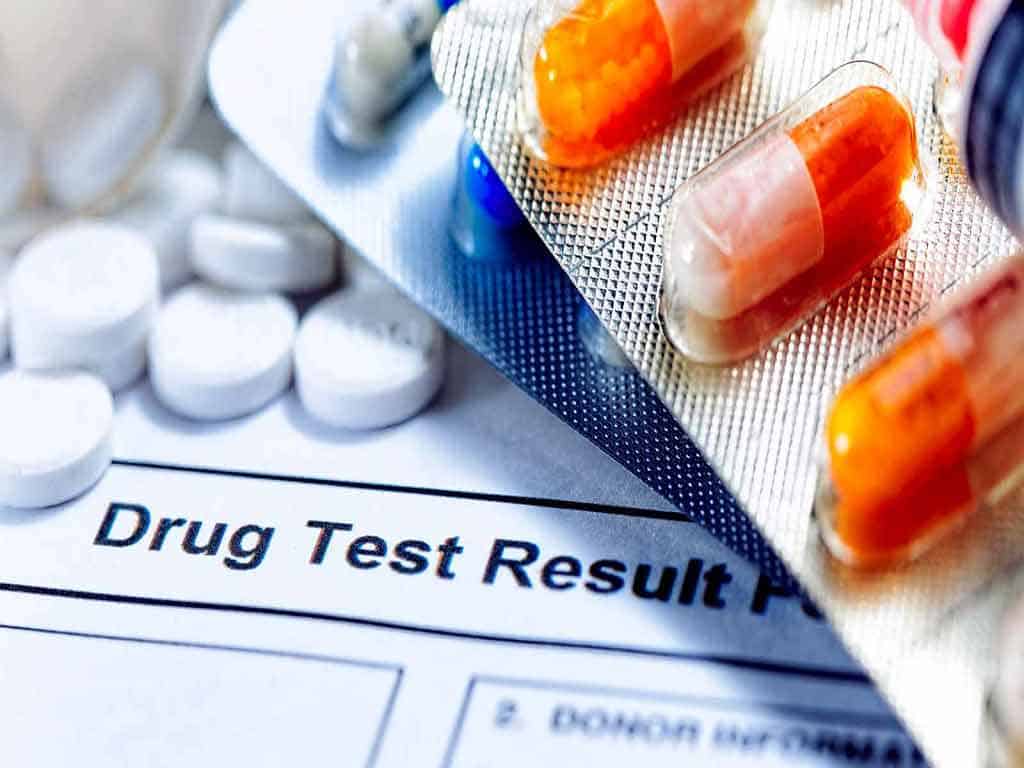
The Types of Drugs a Pre-employment Drug Test NZ Screens For
In a pre-employment drug test in NZ workplaces, employers must select the best candidate for the job. Hence, potential employees must not have any signs of current or possible drug or alcohol abuse issues. Accordingly, the test involves screening for drugs, which have three categories: depressants, hallucinogens and stimulants. For specifics, refer to the following:
Depressants – slow down the central nervous system’s function. These substances interrupt the messages between the body and the brain, which affects coordination and concentration. They can give feelings of relaxation and less inhibition but can also cause vomiting and nausea.
- alcohol
- benzodiazepines; like valium
- cannabis
- gamma-hydroxybutyrate (GHB)
- ketamine
- opioids; like heroin, morphine and codeine
Hallucinogens – affect the senses like sight, hearing, taste, smell and touch. These substances can alter the sense of reality and distorts the senses. Hence, they can provide a feeling of floating and numbness but also cause memory loss, paranoia and anxiety.
- cannabis
- ketamine
- lysergic acid diethylamide (LSD)
- psilocybin; also called magic mushrooms
- phencyclidine (PCP)
Stimulants – opposite to depressants, these substances speed up the central nervous system’s function. They can make individuals feel more alert and awake but can also cause panic and seizures.
- amphetamines; like speed and ice
- caffeine
- cocaine
- methylenedioxymethamphetamine (MDMA); more commonly called ecstasy
- nicotine; like tobacco
Purpose of a Pre-employment Drug Test in NZ
The main goal of a pre-employment drug test in NZ workplaces is to ensure that employees are safe and healthy. Moreover, it is not just illicit drugs that can cause work issues. Likewise, alcohol consumption will cause impairments and affect the ability to operate machinery or make sensible decisions safely. The effects of alcohol consumption or drug use go past illicit substances taken during work hours. Consuming a considerable amount of alcohol the night before will affect work performance the next day, just as being intoxicated during working hours. The prolonged effects may vary depending on the type of substance and the amount taken. However, it is vital that workers are aware of the risk of substance usage, especially in the work environment.
Workplace health and safety is the company’s responsibility, but workers should also take into consideration of their responsibilities. For the company managers and employers, this means giving the employees as much protection from work hazards and risks as they reasonably can. It includes the safety risks caused by dangerous behaviour due to alcohol consumption or drug use. For employees, this means working safely and responsibly on the job site. A pre-employment drug test in NZ with alcohol testing ensures that all new staff will adhere to their duties responsibly.
Alcohol Consumption And Drug Use
A pre-employment drug test in NZ workplaces with screening for alcohol is important for risk reduction. These tests may appear invasive to some. However, alcohol and drug tests are for the employee’s benefit as much as they are for the company. For instance, if an accident or incident occurs during work, it can mean financial losses for the company. On the other hand, it could mean severe harm and workplace injuries for the employees involved. All health and safety precautions are vital in potentially preventing dangerous situations.
Furthermore, it is necessary to keep being clear-headed at all times. Staying alert is essential, especially in high-risk industries. Examples of sectors with high safety risks in New Zealand are mining, construction, manufacturing, aviation, healthcare and transportation. Substance use, along with fatigue, will make doing the tasks difficult. Thus, drug and alcohol testing can help protect the safety of employees and the general public, significantly if the individual works in a safety-sensitive role and can impact the safety of others. Hence, a pre-employment drug test in NZ workplaces is reasonable to increase health and safety in the work environment.
Pre-employment Drug Test NZ: Workplace Drug and Alcohol Policy
Companies and business owners wanting to conduct a pre-employment drug test in NZ as part of the hiring process should seek legal advice. There are various kinds of drug and alcohol testing methods. Moreover, it should also be a part of a clear and concise policy. This workplace drug and alcohol policy should detail all procedures and processes involving drug and alcohol testing in the workplace. Testing people for drugs and alcohol should have a justified purpose. Therefore, any form of workplace drug and alcohol testing should always take these into account:
- An employee’s right to privacy. Employers can refer to the New Zealand Bill of Rights and Human Rights.
- Employee rights need to be a top priority. It is important specifically when considering the procedure of sample collection, the method of analysis and the handling of test results. The company should also guarantee the employees that they are using high-quality testing devices like BACtrack workplace breathalysers.
What Should the Workplace Drug and Alcohol Policy Include?
Before a pre-employment drug test in NZ is to be implemented, companies or businesses must first set up a comprehensive workplace drug and alcohol policy. Accordingly, the policy must also be specific to the organisation’s needs or requirements. Employers can use the following as a guide on what the policy must entail:
- Purpose and Objective – the policy should state the company’s goals concerning drugs and alcohol. Priority should always be workplace health and safety.
- Coverage and Scope – the policy should identify all involved in a workplace drug and alcohol testing scenario. Furthermore, it should also explain the responsibilities of each involved in the process.
- Implementation – the policy should outline all drug and alcohol testing methods, processes, procedures and protocols. Moreover, it should also state the testing equipment to be used. For instance, a BACtrack workplace breathalyser from Breathalysers New Zealand for alcohol detection is a good example.
- Confidentiality – the policy should adhere to employees’ rights to privacy. It means that test results and disciplinary actions should remain confidential between the employer and employee. Furthermore, all documentation should not be made available to the public.
- Disciplinary Actions – the consequences for breaching the policy must be clear to all involved beforehand. Disciplinary actions should be fair and depend on the breach’s severity.
- Employee Assistance – the policy should display all provisions for assisting employees with drug and alcohol use and abuse issues. It could include providing information such as education and training or registering workers to a treatment or rehabilitation facility for recovery.
Factors for Implementing a Pre-employment Drug Test in NZ as Part of a Policy
There are various factors that take into account when making an employment contract with a pre-employment drug test in NZ as part of a workplace alcohol and drug policy. These include:
- If the company and its employees have cooperated and agreed to develop a drug and alcohol use and abuse process or program. Hence, it will appear more transparent and will more likely be followed.
- If the work environment is safety-sensitive. Then, a workplace drug and alcohol policy that allows for testing will make the requirement for a worker to undergo an alcohol or drug test more reasonable.
- The company should ensure that employees understand that specific workplace policies form part of the employment contract.
- The workplace drug and alcohol policy must be reasonable and fair. This will be based on the other factors included in the policy. For example, the procedure may be unreasonable if it requires targeted testing for employees who are performing well and do not show signs of being under the effects of drugs or alcohol.
Protocols on a Failed Pre-employment Drug Test in NZ Workplaces
An individual can fail a pre-employment drug test in NZ in the following scenarios:
- The applicant does not undergo drug and alcohol testing due to personal reasons. Thus, no longer going through with the current job application.
- The applicant outright refuses to take any form of drug and alcohol testing. In this case, the employer can dismiss the job application altogether.
- The potential employee undergoes drug and alcohol testing but returns with a positive test result.
Testing Positive for Drugs or Alcohol
The workplace drug and alcohol policy should clearly state the procedures to be done in the event of a worker getting a positive test result. Moreover, this includes testing potential employees for a pre-employment drug test in NZ workplaces. This procedure must involve the discussion of results with the individual and may include possible retests. Actions taken will depend on the type of industry or work roles and the health and safety risks. Also, positive alcohol or drug test results do not mean a substance has impaired or affected a worker’s job performance. However, a positive drug test is one of the factors that an employer can base their decision on if there are reasonable grounds for considering that the worker is guilty of misconduct. The employer can also take into account a positive alcohol test from a BACtrack workplace breathalyser when deliberating an employee.
Each step and process of the workplace policy that the employer pursues must be fair and justified for their employees. An example of a fair and justified procedure is when the company considers the following:
- The relevant employment contract and active workplace policies
- Was there a negative impact or perceived negative impact inflicted by coworkers or the public on the specific employee
- Any remarks or information that the worker had given. This can be when the employer questions about their impaired actions, general behaviour, or performance

Other Types of Testing in the Workplace
Conducting a pre-employment drug test in NZ workplaces can help employers hire workers with the least chances of having drug and alcohol use and abuse issues. Thus, it ensures that all incoming employees are safe to incorporate into the work environment. However, companies should not stop there. To further keep the workplace safe from the hazards of drug and alcohol impairments, employers should also consider implementing other types of testing. Employers can include multiple testing procedures aside from pre-employment drug tests in their workplace drug and alcohol policy, which can consist of one or more of the following:
- Blanket testing – also known as periodic or annual testing; tests all employees during a scheduled event regardless of position or role. This testing is commonly in conjunction with an annual physical examination.
- Post-accident/ incident testing – tests employees after an accident/ incident or near-miss to determine if drugs or alcohol had a factor in causing it.
- Random testing – tests employees in a surprised or unannounced manner to detect workers hiding their drug or alcohol impairment.
- For-cause testing – also known as reasonable suspicion testing; tests employees that are showing signs of apparent drug or alcohol impairment in the workplace. However, it is essential that employers must have adequate proof before conducting this type of testing on an employee.
- Return to work/ duty and post-treatment/ rehabilitation testing – tests employees returning from a leave of absence or having completed a treatment or rehabilitation program for drugs and alcohol.
Pre-employment Drug Test NZ: Methods for Testing
During a pre-employment drug test in NZ workplaces, companies typically use two testing methods: breath and urine testing. Firstly, testing an individual’s urine sample can detect various kinds of substances. The testing process is typically done within 15 minutes, and the results will be out quickly. The sample can be sent to a laboratory for further analysis if the test result is positive. Urine tests are the standard for detecting illicit substances. On the other hand, breath tests are done to measure alcohol present in your body. Alcohol breath testing is a less invasive form of testing for alcohol. Breath tests in the workplace use a device called a breathalyser. Breathalysers can effectively and quickly detect the presence of alcohol in a person’s breath sample.
Drug testing does not measure an individual’s impairment, and it only works to determine whether an individual has taken any particular substance. Applicants should clear a drug and alcohol test to be eligible for the job. Hence, they should monitor their alcohol consumption more closely or abstain from it altogether. Once they have undergone the pre-employment drug test in NZ and received the results, they can wait for the results and the final decision. Otherwise, they can request confirmatory testing if they fail a drug test and decide to dispute the test result. If further testing has been done and confirms the result, it can lead to various repercussions, such as the dismissal of the application.
What is a Breathalyser?
A breathalyser is a handheld device that measures how much alcohol is in the air from a person’s breath sample. That alcohol content is represented as a numerical value in percentage known as Blood Alcohol Content (BAC). Specifically, BAC is how many milligrams of alcohol per 100 millilitres of blood. Consequently, if you have a BAC of 0.05, it means that there is 50 mg per dL of alcohol in your system. Traditionally, breathalysers were only employed by police officers and medical professionals in roadside screening and hospitals, respectively. Nowadays, personal and workplace breathalysers are widely applicable to civilians and professionals. Particularly, a professional breathalyser is ideal for screening applicants in a pre-employment drug test in NZ workplaces to determine current alcohol impairments. Correspondingly, Breathalyzers New Zealand supplies genuine BACtrack breathalysers perfect for all manners of workplace alcohol testing requirements.
The BACtrack Workplace Breathalysers for Pre-employment Drug Test in NZ
The BACtrack workplace breathalysers at Breathalysers New Zealand are particularly valuable for employers who want to effectively detect alcohol impairment in a pre-employment drug test in NZ workplaces.
BACtrack professional models utilise fuel cell technology, and the units use fuel cell sensors that are up to par with law enforcement breathalysers. These fuel sensors can only detect ethyl alcohol in an individual’s breath. Thus, it is less likely to produce false-positive test results; it is especially useful for people with diabetes or who are on a low-calorie diet due to hypoglycemia or ketosis. Moreover, they are quick and easy to operate. Their faster warm-up time and straightforward one-button operation feature enable high-volume back-to-back testing in the workplace. Furthermore, the test results are consistent and guarantee long-term reliability. Lastly, these devices have low power requirements. Users can conduct up to 1,500 tests with just a single set of AA batteries. Accordingly, all these features are highly sought after for a pre-employment drug test in NZ workplaces as well as other types of alcohol testing in the work environment.
In addition, the workplace breathalysers at Breathalysers New Zealand are FDA-approved and have AS/NZ 3547 certification. Thus, it guarantees employers that they are purchasing a device with proper standards for workplace alcohol breath testing. Alternatively, it also ensures applicants in a pre-employment drug test in NZ that the company they are applying to takes workplace health and safety seriously.
The Workplace Breathalysers Available at Breathalysers New Zealand
Breathalysers New Zealand’s Professional Series offers a range of workplace breathalysers widely used across New Zealand work environments. These devices deliver fast (10-15 seconds) and accurate BAC results ideal for detecting alcohol impairment in a pre-employment drug test in NZ workplaces. Employers may select from the following choices:
- The BACtrack Mobile Gen 2 – is the latest generation of BACtrack’s connected technology range for workplace applications. This breathalyser can seamlessly connect to a smartphone using Bluetooth to deliver highly accurate BAC results. Thus, making it ideal for remote compliance as a safety tool for employees off-site.
- The BACtrack S80 Pro Gen 2 – this breathalyser features an enlarged industrial grade and patented Xtend® Electro-chemical Fuel Cell sensor with enhanced linear accuracy. It is a highly robust device designed specifically for commercial applications that require high levels of accuracy and consistency.
- Shield Express Touch – this breathalyser amalgamates Passive and Active testing modes with touchscreen technology to offer speed and accuracy.
- Shield Express Identity – this breathalyser is similar to the Shield Touch. It also contains Platinum Electrochemical sensors. One difference is that it also supports photo identification, increasing compliance.
Conclusion
In conclusion, illicit substances and alcohol impairment can cause undesirable consequences, particularly in terms of workplace health and safety. Therefore, the implementation of conducting a pre-employment drug test in NZ workplaces for each incoming employee should be a standard. However, a comprehensive workplace drug and alcohol policy should be clearly agreed upon by all parties involved before proper implementation begins. In addition, employers should be using high-quality and dependable devices for conducting drug and alcohol testing in the workplace. Conveniently, Breathalysers New Zealand offers a selection of certified BACtrack workplace breathalysers ideal for a variety of alcohol testing requirements in the workplace. Employers can readily avail of these highly accurate and efficient alcohol breath testers at the Breathalysers New Zealand website.






